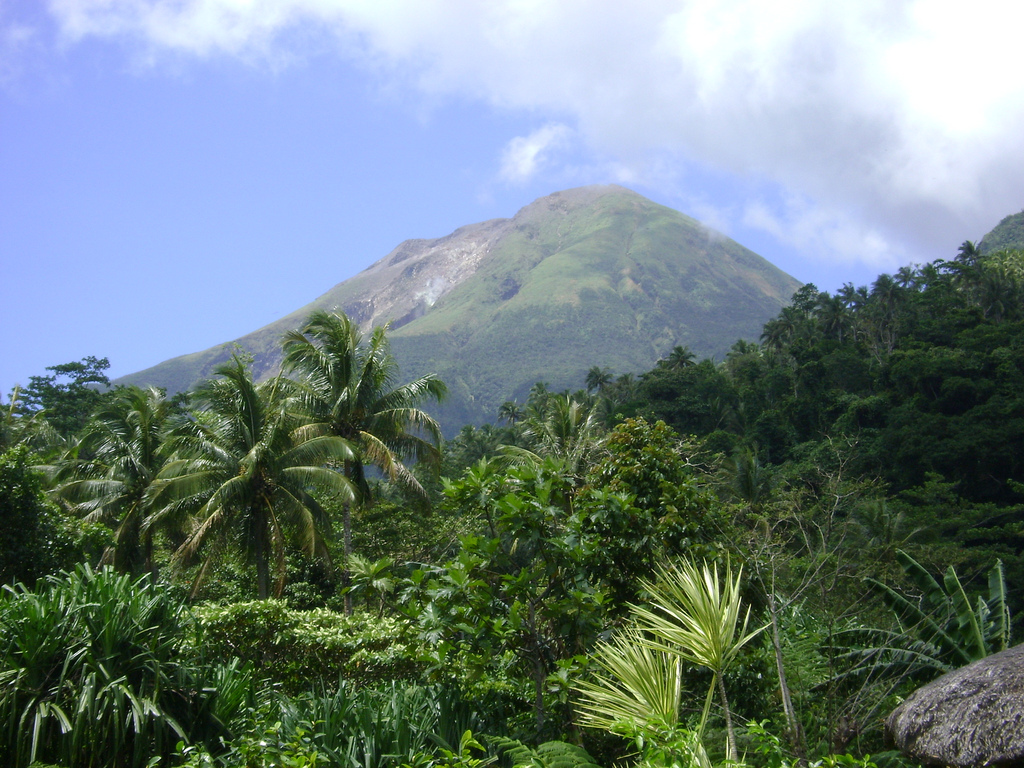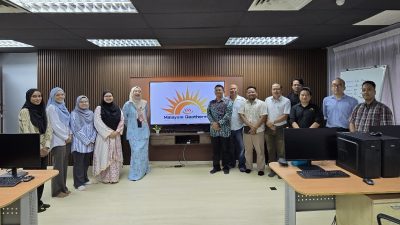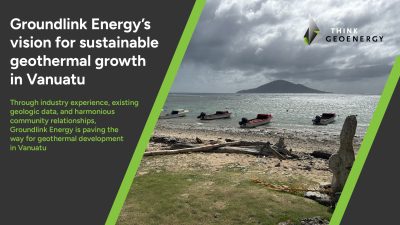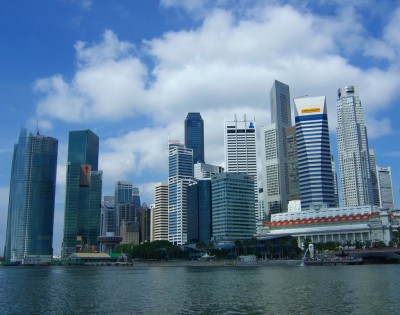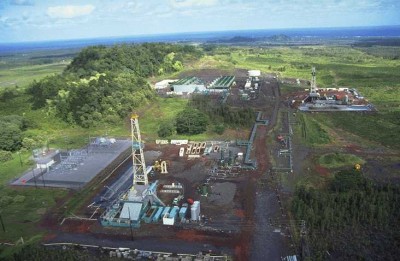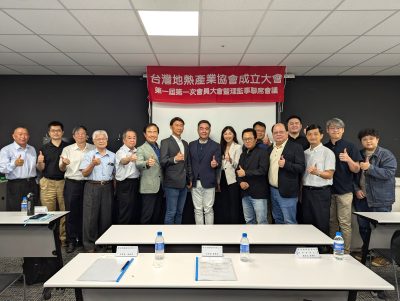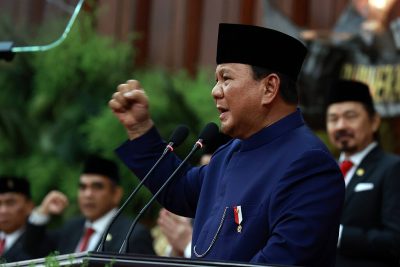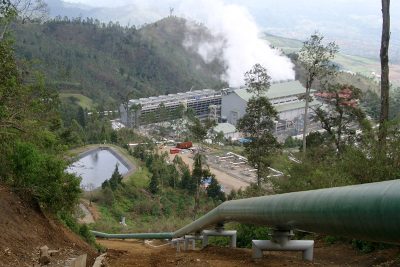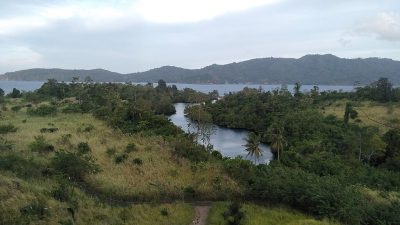Sorsogon project seeks dialogue with project critics
The developer of a project at the Bulusan Volcano in Sorsogon, Philippines, is now inviting a dialogue with groups opposing this potential 40 MW geothermal power project.
The developer of the geothermal project in Sorsogon, Philippines, Summa Kumagai Inc. (SKI), “is asking groups opposed to the project for a a dialogue with them in the presence of an international third party and provide SKI with enough time to discuss its side.”, so local news.
SKI President and CEO Alberto D. Altura said in a statement on December 26, “We want to sit down with [those opposed to the project] to dialogue with us and have the World Wildlife Fund [WWF] to observe,” he said, noting that the anti-geothermal groups can bring the organizations that fund their protests.
Altura’s statement came a few days after Irosin Coalition Against Geothermal (ICAG) Chairman Dr. Precy D. Gante told the BusinessMirror in a text message on December 20 about their plan of undertaking a series of protests to thwart more attempts to set up another geothermal plant in the province.
On the same date, the ICAG and other anti-geothermal groups hauled a half-day motorcade from Barangay Abuyog to Saints Peter and Paul Cathedral in Sorsogon City, where it concluded, to reaffirm their opposition to the proposed geothermal project.
The Department of Energy (DOE) awarded the Makati-based SKI a five-year contract on February 19, 2010, to explore for geothermal energy deposits in 25,959 hectares of land around Bulusan Volcano, covering segments of the municipalities of Barcelona, Gubat, Bulusan, Irosin, Juban, Casiguran and Irosin.
Since then, protests erupted about environmental impacts such as land subsidence, dehydration of ricefields and springs that provide the area with tourism and the effects of the geothermal plant’s chemical discharge to the health of host communities.
The outburst of anti-geothermal sentiments in the province settled down when initial explorations conducted by SKI were temporarily stopped.
On December 20 another round of protests heated up by rumor of SKI’s collaboration with Aboitiz Power started with an anti-geothermal motorcade.
Altura made clear that SKI’s partnership with the power company is still being discussed. He also noted SKI welcomes anti-geothermal groups’ protests and recognizes it as freedom of speech.
“It’s freedom of expression and there is nothing wrong with that,” he said. “In fact, we welcome a dialogue with these people. We also want to be heard.”
Talks on the geothermal issue in Sorsogon can be better brought to the national, even the international level, SKI Vice President for Finance Cornelio V. Caedo said.
“You know the situation in the country right now,” he said. “We have limited energy sources and we need more power quickly.”
If protesters are worrying about the geothermal project’s impact on agriculture, the Tiwi town of Albay—which produces agricultural products, including rice in spite of the operation of a geothermal plant in the area for several decades now—can cool the alarmed anti-geothermal camp, Caedo said.
The set of new technology added to the industry will further appease protesters on the assumed negative impact of a geothermal plant operation on land subsidence, he said.
The WWF, which is a pro-environment international organization, favors the harness of geothermal energy for power generation in different regions of the globe, Altura said.
“If you are an environmentalist in Sorsogon, why would you counter the view of a larger international environmental organization,” he said. “They have actually seen it in other parts of the world where it works.”
The SKI is also willing to bring protesters to Tiwi and communicate directly with host communities to find out for themselves whether the geothermal plant does harm to the well-being of inhabitants, Caedo said.
“If these individuals are not willing to sit down, it’s unfortunate not only for us, but also for the country,” Altura said. “We are now in a position to grow economically. To grow we need power.”
The camp of protesters should consider the benefits to the province, and the country as a whole, geothermal project can bring, Caedo said. Several decades of attempts to block any geothermal prospect did not change the condition of lives of the people in the area.
Renewable sources of energy, like geothermal, are proven reliable and provide 80 percent to 90 percent of the power baseload, Altura said. A geothermal plant continuously generates power regardless of weather conditions.
In the 1990s the anti-geothermal groups in Sorsogon foiled Philippine National Oil Co.’s bid to set up geothermal plant at the outskirts of Bulusan Volcano.
Bulusan Volcano is capable of generating some 40 megawatts of power, the DOE said. Generating 1 megawatt costs $5 million. Putting up 20 MW requires $100 million.”
Source: Business Mirror
